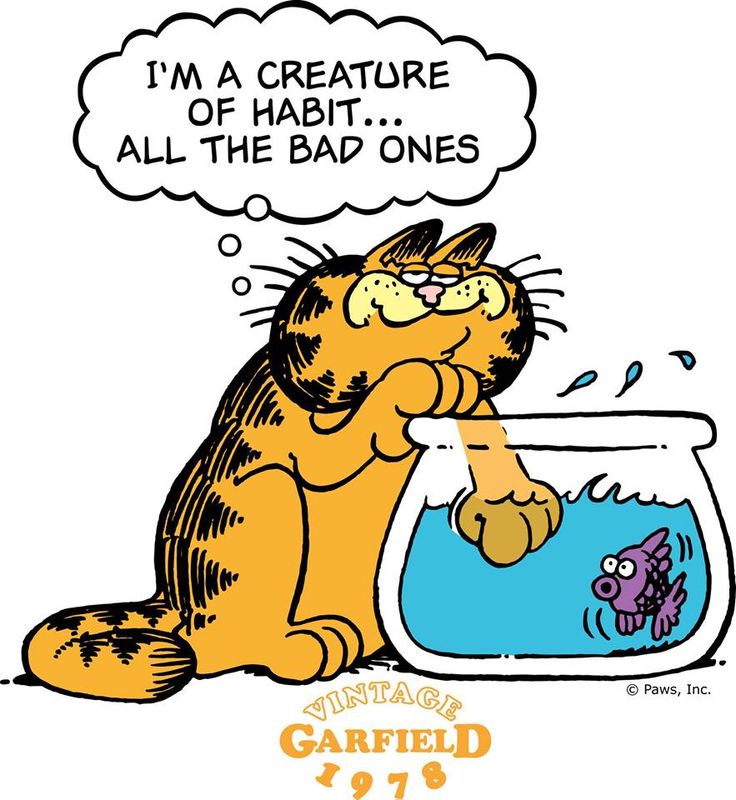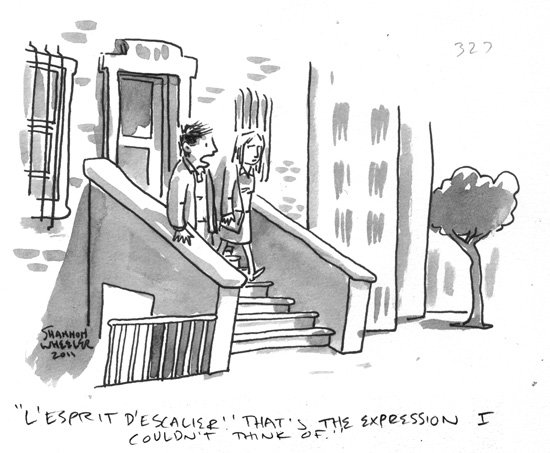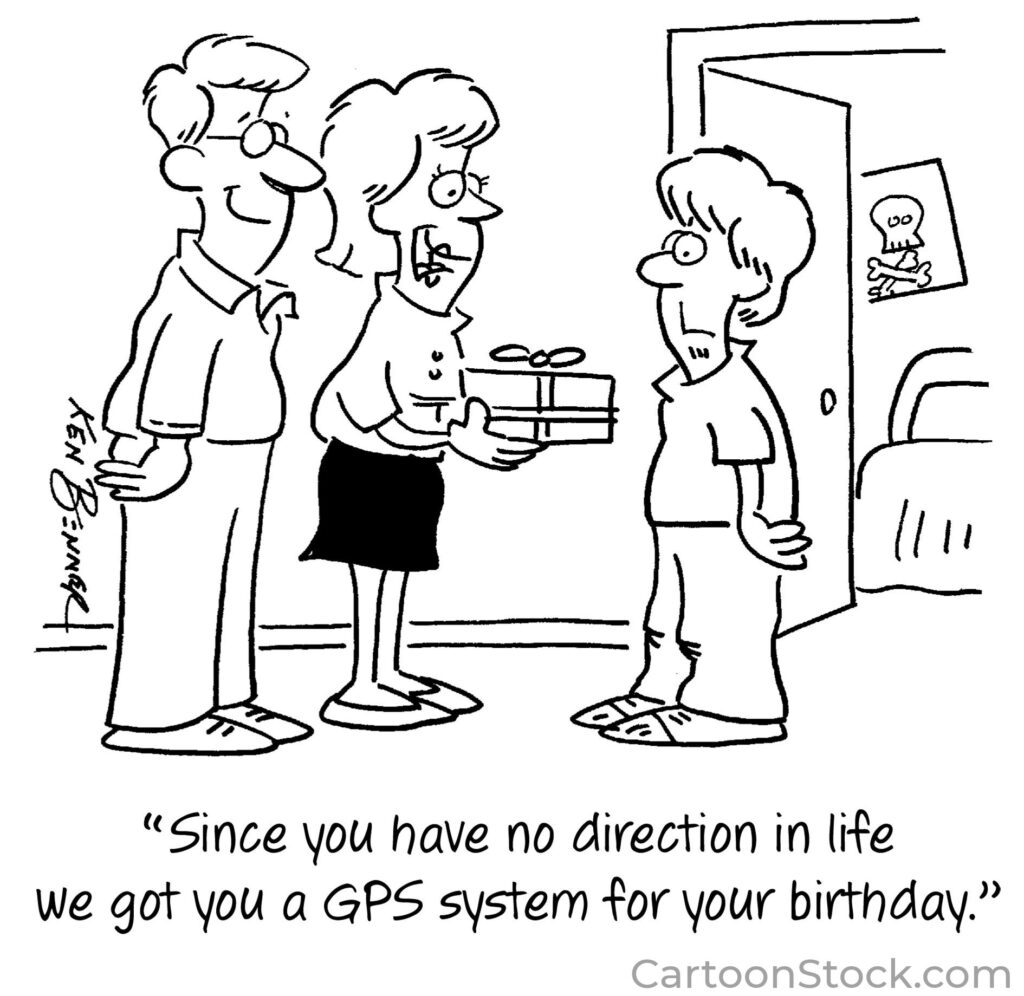
When writing posts, I seldom start with a picture and then write about it. I usually write a post and then look for an appropriate cartoon or picture.
But when I read the caption of this picture, I felt compelled to write because it expresses a standard that we should all aspire too.
We’ve all heard the phrase “justice is blind” which means that justice should be impartial and objective. It’s based on a Greek statue of Lady Justice wearing a blindfold so as not to treat friends differently from strangers, or rich people better than poor ones, etc.
Let’s expand and enhance the concept by saying “love is blind.”
We know this truth is inalienable, but let’s remind ourselves: We should love all people regardless of the color of their skin, their family of origin, level of education, financial status, political persuasion, gender, age, religious persuasion, etc. Love should be blind and deaf.
Most of us are unaware of our biases and prejudices. They are so engrained they lie hidden. But we should strive to identify and uproot them.
Here are some fancy words that describe various forms of prejudice.
-
-
- Racism – prejudice, discrimination, or antagonism directed against a person or people on the basis of their membership in a particular racial or ethnic group, typically one that is a minority or marginalized
-
-
-
- Sexism – prejudice, stereotyping, or discrimination, typically against women, on the basis of sex
-
-
-
- Ageism – prejudice or discrimination on the grounds of a person’s age
-
-
-
- Homophobia – dislike of or prejudice against gay people
-
-
-
- Classism – prejudice against or in favor of people belonging to a particular social class
-
-
-
- Xenophobia – dislike or prejudice against people from other countries
-
-
-
- Nationalism – identification with one’s own nation and support for its interests, especially to the exclusion or detriment of the interests of other nations
-
-
-
- Religious discrimination – treating a person differently because of the particular beliefs they hold about religion
-
Back to the picture at the top of this post. Isn’t it refreshing to see two young boys who are blind to the difference in the color of their skin. We should emulate their mentality.
I’ll end with a funny story about religious prejudice.
I saw this guy on a bridge about to jump.
I said, “Don’t do it!”
He said, “Nobody loves me.”
I said, “God loves you. Do you believe in God?”
He said, “Yes.”
I said, “Are you a Christian or a Jew?”
He said, “A Christian.”
I said, “Me, too! Protestant or Catholic?”
He said, “Protestant.”
I said, “Me, too! What denomination?”
He said, “Baptist.”
I said, “Me, too! Northern Baptist or Southern Baptist?”
He said, “Northern Baptist.”
I said, “Me, too! Northern Conservative Baptist or Northern Liberal Baptist?”
He said, “Northern Conservative Baptist.”
I said, “Me, too! Northern Conservative Baptist Great Lakes Region, or Northern Conservative Baptist Eastern Region?”
He said, “Northern Conservative Baptist Great Lakes Region.”
I said, “Me, too! Northern Conservative Baptist Great Lakes Region Council of 1879, or Northern Conservative Baptist Great Lakes Region Council of 1912?”
He said, “Northern Conservative Baptist Great Lakes Region Council of 1912.”
I said, “Die, heretic!” And I pushed him over.


 into position, allowing the arch to bear weight. Although a masonry arch or vault cannot be self-supporting until the keystone is placed, the keystone experiences the least stress of any of the stones due to its position at the apex.
into position, allowing the arch to bear weight. Although a masonry arch or vault cannot be self-supporting until the keystone is placed, the keystone experiences the least stress of any of the stones due to its position at the apex.
